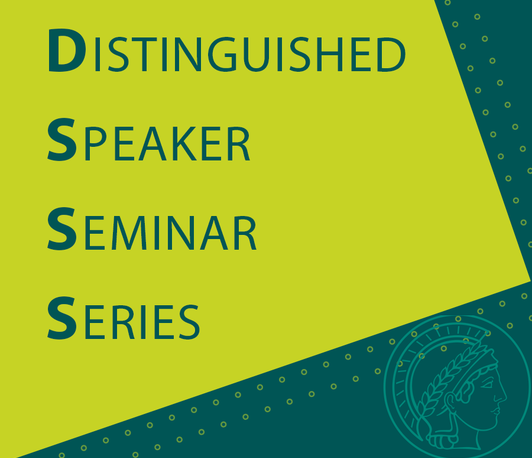DSSS - Genetic bases of growth regulation in the endosymbiont Wolbachia
- Datum: 01.03.2024
- Uhrzeit: 15:00 - 16:00
- Vortragender: Dr. Luis Teixeira
- Católica Biomedical Research Centre, Portugal Instituto Gulbenkian de Ciência, Portugal
- Ort: NO.002, MPI für Intelligente Systeme

Wolbachia are maternally transmitted intracellular bacteria, commonly found in insects and filarial nematodes. These bacteria can establish from mutualistic to parasitic relationships with their hosts and are responsible for the induction of several phenotypes, including reproductive manipulation and host protection against viral infection. Because of this latter phenotype Wolbachia is being used as a tool against transmission of arboviruses, such as dengue, through the deployment of Wolbachia-carrying mosquitos in endemic regions. Wolbachia titre regulation is important in the maintenance of the symbiotic relationship. High proliferation of Wolbachia has a cost for the host, but also positively correlates with the strength of induced phenotypes, including antiviral protection. Understanding how Wolbachia titers are regulated is, therefore, important to understand its biology and modulation of antiviral activity. Through the analysis of over-proliferative Wolbachia mutants we identified genes involved in growth regulation. More recently we have been assessing the contribution of natural genetic variation of Wolbachia to their growth. We introduced a collection of 180 Wolbachia variants into the same D. melanogaster isogenic background and tested their titres. We observed variation in titres between the main clades of Wolbachia but also between closely related variants. Through a Genome Wide Association Study (GWAS) we identified polymorphisms associated with this variation and candidate genes as regulators of Wolbachia growth.